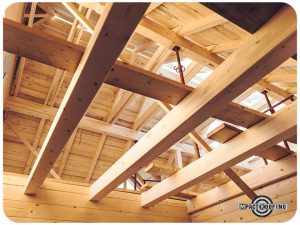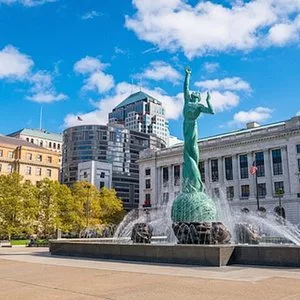Doorman building in NYC: expense or necessity? (2025)
Go Back To Previous PageNew York City Buildings are iconic. For some people, apartment buildings in NYC with a doorman are a MUST. They range from ultra-luxurious to rat nests and everything in between. Several key factors should be considered when deciding between buying and renting, as well as between condos and co-ops. Budget and personal preferences determine how many boxes you check when building amenities. When buying or renting a place in New York City, prospective buyers and tenants can decide whether or not they want to live in a building with a doorman.
Living in a doorman building in NYC comes with subcategories: full-time doorman, part-time doorman, virtual doorman, and a combination of the above. This is true from the Upper East Side to the Financial District, from Midtown Manhattan to the Upper West Side.
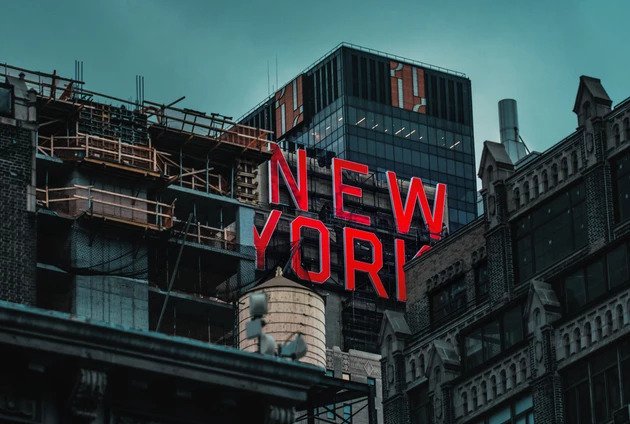
Your broker at NestApple will help you decide which choice is better for you by discussing the pros and cons of having a doorman.
Pros of apartment buildings in NYC with a doorman
One of the more apparent advantages of living in a traditional doorman building is safety. Concierges filter the traffic of visitors and goods going in and out of the building. Visitors cannot enter if not announced and must call up to enter the building. For instance, doormen will call if someone is here to deliver food and authorize that person to go through the lobby provided the resident confirms they are expecting a delivery.
The same applies to packages. Having a doorman to receive packages means you won’t have to worry about being home when that delivery you’ve been longing for finally arrives. The doorman will take care of everything and store the package deliveries until you return from your weekend away.
Your doorman will also be a permanent helping hand at the entrance of the building. Need a hand with those heavy groceries? Need someone to bring your luggage up and down before a big trip? He’s your man.
The doorman is responsible for maintaining the lobby’s overall cleanliness and order. Hailing taxis is an old-school doorman task.
Types of Doorman Buildings
First, there are the stereotypical doorman buildings—the ones often depicted in films.
These are generally luxury, pre-war buildings located on prime stretches of real estate along Park Avenue, Museum Mile, or Central Park West. In these buildings, you’ll not only find doormen but doormen dressed just like they do in the movies—in other words, wearing antiquated-looking uniforms with white gloves.
These doormen will flag a cab for you in a downpour, open doors when you walk in or out of the building, and do anything else they can do, provided it is appropriate. But these aren’t the only doormen you’ll encounter in New York City.
Most New York City doorman buildings are co-ops, many catering to middle-income families, and few of these buildings are “white-glove.”
In fact, in most doorman buildings, the staff neither wear white gloves nor suits that resemble those purchased after a costume drama set in the 19th century wrapped production. But don’t judge a book by its cover.
Even without the white gloves and tails, these doormen still perform many tasks for residents, including accepting packages, assisting with heavy lifting, and greeting you and your family as you come and go throughout the day.
The final tier of buildings, sometimes falsely classified as doormen buildings, is those staffed with 24-hour security guards. In this case, someone is still stationed at the entrance to monitor who comes and goes, but technically, their job is security.
They may be nice to you or accept your packages, but this is technically not part of any security guard’s job. And this raises an important question: What are the duties of a doorman versus a security guard?
Cons of the Doorman Building in NYC
Like everything in life, comfort and efficiency both come at a cost. From a strictly financial standpoint, buildings with doormen are generally more expensive.
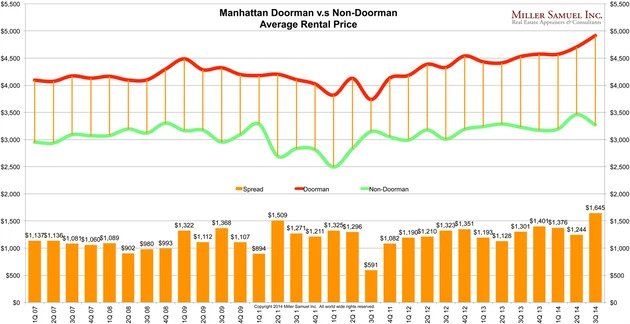
The monthly rent difference between doorman and non-doorman buildings has remained relatively constant at $ 1,000 per month over the past ten years. Indeed, according to the WSJ, the average price per square foot is 65% higher in buildings with doormen than those without. Moreover, large holiday tips are somewhat expected and certainly worth considering.
Some believe that having a doorkeeper is intrusive. Indeed, they think that having someone who knows their schedule and what visitors they have is not worth all the advantages of having a doorman. This is especially true for co-ops.
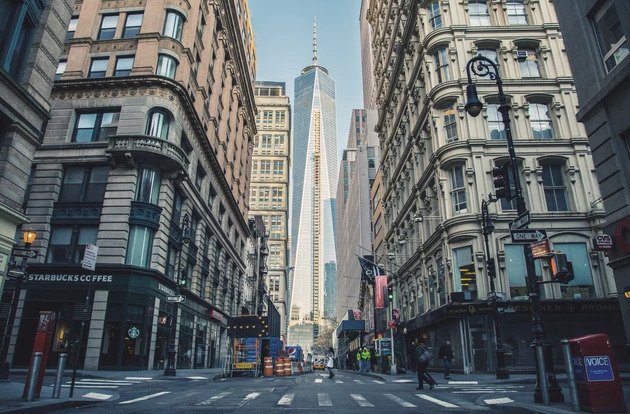
Do you need a doorman?
Don’t forget that this apartment is not merely an investment but also a place you’ll call home. Do you feel a sense of warmth and comfort when you see a friendly face in the lobby? Or would you rather skip the small talk?
Another consideration: Would you be embarrassed if the doormen saw you coming home at 3 a.m.? If safety is your top concern, a doorman will provide security, allowing only building residents and approved guests to enter.
My biggest complaint about doorkeepers is that they know too much about your business. So I prefer a video intercom system.
They will know everyone who comes to your apartment, and if these visitors are troublesome, they will be aware of it. This can significantly interfere with your privacy.
Ultimately, the decision is yours. Would you like the security of having someone open the front doors for you, monitor building traffic, and receive your dry cleaning? Or would you prefer to save those fees and upgrade the square footage? Thankfully, you live in a city with endless possibilities.
When you buy a place, it’s always good to ask the doorman for tips and gossip, especially when no broker is involved, and the seller is putting it on the market FSBO.
Contact our licensed specialist at NestApple to save on broker fees!
